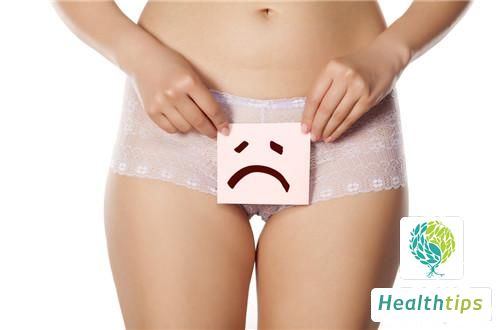Pain during defecation refers to pain in the anus when passing stool, which may be caused by factors such as mental stress, foreign bodies and adverse dietary stimuli, infections around the anus and rectum, anal diseases, intestinal infections, and other reasons.
 1) Mental factors: Mostly caused by mental stress, such as neurosis of the anus and rectum, syndrome of the pudendal nerve, sciatica, and coccygeal neuralgia that reflects to the anus and causes anal pain;
2) Foreign bodies and adverse dietary stimuli: Such as trauma, foreign bodies in the rectum, spicy foods, and excessive alcohol consumption can all irritate the anus and cause pain;
3) Infections around the anus and rectum: Including abscesses around the anus and rectum, anal sinusitis, anal papillitis, etc. These diseases can also cause anal pain;
4) Anal diseases: Such as incarcerated hemorrhoids, inflammatory external hemorrhoids, thrombosed external hemorrhoids, anal fissures, anal fistulas, etc., can all cause anal pain;
5) Intestinal infections, diarrhea, or constipation: Intestinal infections can cause inflammation to stimulate the anus. Diarrhea and constipation can cause mechanical irritation to the anus when feces pass through it, leading to anal pain;
6) Anal canal and rectal tumors: Both benign and malignant tumors can cause anal pain due to infection of their surface mucosa or direct compression of the anus. In the late stages, anal canal and rectal cancer can invade the nerves and cause severe pain.
1) Mental factors: Mostly caused by mental stress, such as neurosis of the anus and rectum, syndrome of the pudendal nerve, sciatica, and coccygeal neuralgia that reflects to the anus and causes anal pain;
2) Foreign bodies and adverse dietary stimuli: Such as trauma, foreign bodies in the rectum, spicy foods, and excessive alcohol consumption can all irritate the anus and cause pain;
3) Infections around the anus and rectum: Including abscesses around the anus and rectum, anal sinusitis, anal papillitis, etc. These diseases can also cause anal pain;
4) Anal diseases: Such as incarcerated hemorrhoids, inflammatory external hemorrhoids, thrombosed external hemorrhoids, anal fissures, anal fistulas, etc., can all cause anal pain;
5) Intestinal infections, diarrhea, or constipation: Intestinal infections can cause inflammation to stimulate the anus. Diarrhea and constipation can cause mechanical irritation to the anus when feces pass through it, leading to anal pain;
6) Anal canal and rectal tumors: Both benign and malignant tumors can cause anal pain due to infection of their surface mucosa or direct compression of the anus. In the late stages, anal canal and rectal cancer can invade the nerves and cause severe pain.
How to Deal with Pain During Defecation:
1. Clean the anus: If you experience anal pain during defecation, you can clean the anus with warm water after passing stool. This can not only relieve the pain but also disinfect and sterilize. In fact, it is recommended to clean the anus and external genital organs before going to bed every day to effectively prevent infections.
2. Drink plenty of warm water: If the anal pain is caused by constipation, drinking more water can help soften the stool by increasing the water content in it, relieving constipation.
3. Pay attention to diet: Eating foods with strong irritants, such as chili peppers, can easily lead to anal pain during defecation. Therefore, it is important to maintain a bland diet and avoid eating excessive amounts of food that can easily irritate the anus.
4. Develop good bowel habits: Firstly, establish a habit of passing stool once or twice a day. Too frequent or infrequent bowel movements are unhealthy and can easily lead to digestive diseases such as constipation. Secondly, the bowel movement time should be controlled to around ten minutes. Too fast bowel movements may not allow for a complete evacuation, while too slow bowel movements can lead to constipation or hemorrhoids. Therefore, it is important to manage the duration of each bowel movement.




















